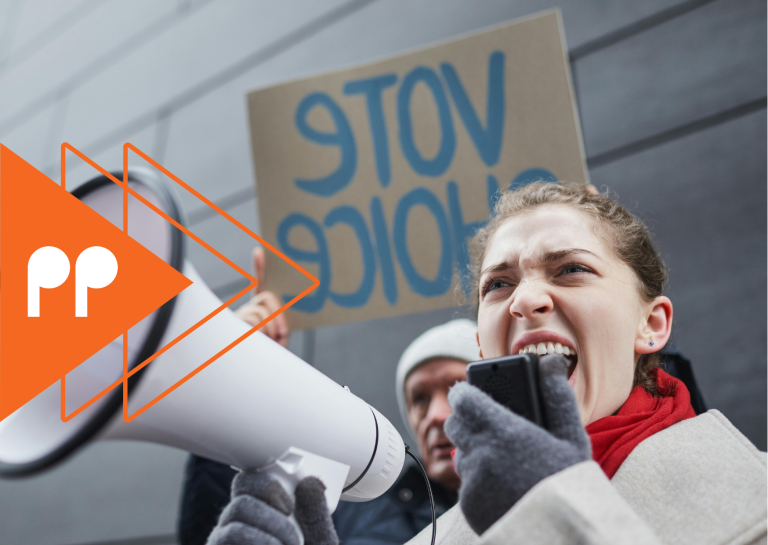2024 is set to be a landmark election year globally. Around 4 billion people will vote in over 60 elections—almost half of the world’s population. The 2024 elections will see a record number of female candidates, from the US’s accomplished Republican presidential contender to Mexico’s likely first female president. This presents a real chance for gender equality in politics. Here is what’s at stake.
Breaking barriers: women’s representation in 2024 elections
Numerous structural and societal barriers hinder women from entering politics or achieving their full potential once in a decision-making position. Despite more women in political power than ever, the UN estimates it could take 130 years to achieve gender parity in these roles.
Women make up 39 percent of the European Parliament and a little over 30 percent of national governments across the EU, (percentages vary from 47 per cent in Sweden to just 13 percent in Hungary). It is clear that we need equal representation to echo the needs of all citizens, but for more than half of the world’s population, the barriers of politics are rock solid.
Some political parties lack comprehensive policies to promote gender equality, such as gender quotas, capacity development, and awareness-raising. Others do not have strict policies for the recruitment and nomination of women. Fortunately, there are also some refreshing voices in the progressive space, but at least for the June European elections, we still have to wait for the candidacies to be public before we can judge.
Then there are also unconscious biases, norms, and stereotypes that traditionally associate politics with men, to gendered media coverage that impedes women’s relationship with their electorate, which only perceives them from the male gaze. Coupled with other factors, from the gender pay gap to the lack of affordable childcare, one can easily understand why it is harder for women to run as candidates.
Even when women bypass all these barriers and do get elected, they often face abuse. According to research by the Inter-Parliamentary Union, four out of five female parliamentarians have experienced psychological violence, including verbal abuse, intimidation, bullying, and harassment.
The transformative power of female leadership in politics
Despite challenges, women are progressively shattering the glass ceiling in politics. This is crucial as women in politics can significantly transform legislation. Here are a few examples.
- Research indicates that women in municipal councils often expedite public childcare implementation, boosting women’s workforce participation and regional economic competitiveness.
- Countries with more women in parliament typically invest more in education and healthcare.
- Female politicians often advocate for comprehensive healthcare policies, focusing on women’s specific needs like reproductive health and mental well-being, leading to more holistic healthcare legislation.
- Women leaders in foreign policy and defence offer unique insights, favouring development over expansion and advocating for collaborative, intersectional diplomatic strategies.
The case for more women in politics
Electing women solely for their gender doesn’t inherently strengthen democracy, as the right-wing cases like Giorgia Meloni or Marine Le Pen show this does not necessarily lead to more inclusion in our societies. Women’s influence in politics extends beyond legislative priorities, impacting societal norms. The 2024 elections will test our progress in transcending stereotypes to build an inclusive, equitable political system.


